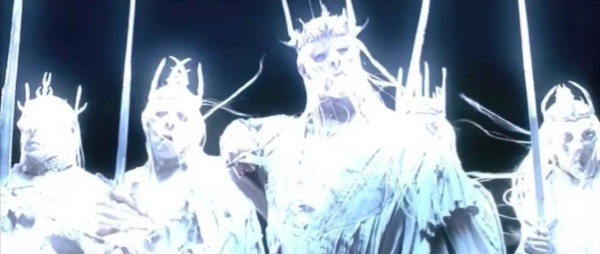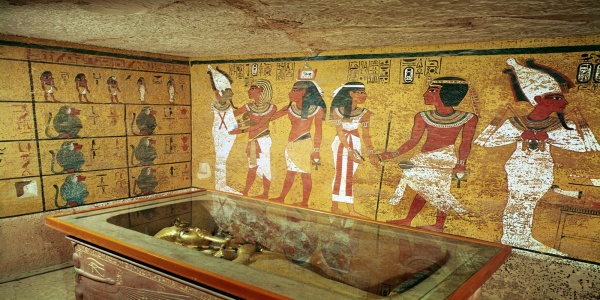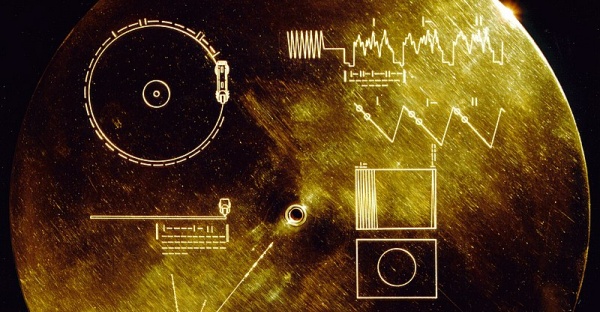Hey makers: can you help all of us to become IMMORTAL?
In the RIGHT way, of course.
Yesterday, within minutes, I found under a shelf some 10-year old DVDs, already unreadable, and saw something about several billionaires who want to live forever. That “superposition” of mortal data with wannabe immortal humans got me thinking. Stay with me on this.
Being ALONE forever… nah. We can do better
Getting to live much longer could work and make sense, if it happened to everybody, but also very gradually, over many generations.
Being one of the extremely few humans living even just one meager century longer than anybody else, instead, would be a nightmare to anybody who wasn’t already seriously sociopathic to begin with. Immortal billionaires would probably look like this:

Let’s make DATA immortal, not bodies
Actually living “forever” is almost surely a bad idea. Trying to do it like the Egyptian pharaohs, that is carrying along all the objects one may need, or want to have close in the afterlife:

could never be a mass solution, assuming it made any sense in the first place. For lack of space, if nothing else. Do this, instead.
BUT… I hereby suggest that making one’s digital belongings live “forever”, instead, would a feasible, and much more meaningful opportunity that should start being accessible to everybody.
I am sure, that is, that many ordinary people (future archeologists included!) would greatly appreciate affordable artifacts capable of preserving for centuries, possibly eons whatever collections of bits they would like to carry along in their coffins, or leave behind to their loved ones.
Hence the question for all makers: can we make THIS at home?

The object above is the Voyager Golden Record, that contains “sounds and images selected to portray the diversity of life and culture on Earth” for every intelligent life that may encounter it, probably thousands of years from now.
Back in 1977, it took a lot of money and sophisticated technology to save in that record a very small amount of data.
Today, it is surely possible to do much better with digital data, but my question is: can we do it AT HOME, or at least in the closest fablab, without selling a kidney?
More precisely: in 2023, could we start bringing with us, or leave behind, some Gigabytes of… email, pictures, movies, essays, e-books or any other file (*), really… in some read-only “bit container” that would fit in a pocket, remain readable for (at least) many hundreds of years while costing, say, not much more than a standard hard drive of the same capacity?
Could a maker do this today, at home? Could an average fablab offer this service? How? Please let me know, I would really love to collect all the suggestions and feedback in a follow-up post!
(*) Important note about file formats
Of course, even if it worked perfectly, that “bit container” may be completely useless if nobody knew how to extract the bits, and decode them. But, besides being much easier and cheaper to solve, that is a SEPARATE problem. The topic here is ONLY how to make, possibly at home or with ordinary fablab tools, a digital equivalent of the Voyager Golden Record for personal use.
Who writes this, why, and how to help
I am Marco Fioretti, tech writer and aspiring polymath doing human-digital research and popularization.
I do it because YOUR civil rights and the quality of YOUR life depend every year more on how software is used AROUND you.
To this end, I have already shared more than a million words on this blog, without any paywall or user tracking, and am sharing the next million through a newsletter, also without any paywall.
The more direct support I get, the more I can continue to inform for free parents, teachers, decision makers, and everybody else who should know more stuff like this. You can support me with paid subscriptions to my newsletter, donations via PayPal (mfioretti@nexaima.net) or LiberaPay, or in any of the other ways listed here.THANKS for your support!